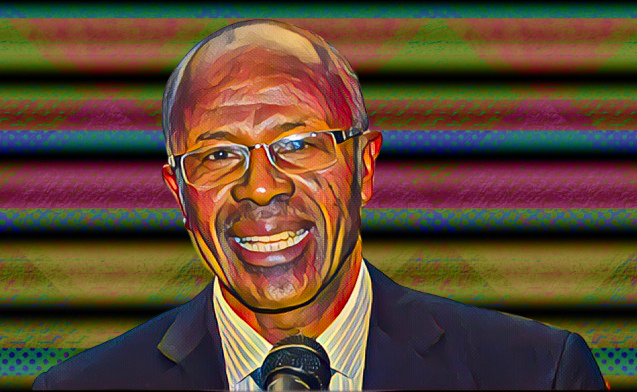In a heated session, Zimbabwe’s Parliament expressed strong dissatisfaction with the Zimbabwe Football Association’s (ZIFA) Normalisation Committee, calling for its resignation over perceived incompetence. The committee, headed by Lincoln Mutasa, has been criticized for its handling of football affairs in the country, with legislators describing the committee’s performance as “clueless.”
The controversy centers around the committee’s failure to adequately address key issues in Zimbabwean football, including player welfare, league management, and international representation. During the parliamentary debate, members voiced their frustrations, accusing the committee of lacking the necessary expertise and vision to lead ZIFA effectively. “The current state of our football is a clear indication of the committee’s inability to steer the sport in the right direction,” one lawmaker stated.
Despite the intense criticism, Lincoln Mutasa, the committee’s chairman, remained defiant. In a public statement, Mutasa defended the committee’s actions, arguing that they were working under challenging conditions. He emphasized that the committee’s primary goal is to stabilize and improve the state of football in Zimbabwe, and urged for patience and support. “We inherited a challenging situation, and we are doing our best to implement necessary reforms. It is not an overnight process,” Mutasa explained.
The Normalisation Committee was appointed by FIFA to manage ZIFA’s affairs temporarily following the suspension of the previous executive committee due to governance issues. However, the committee’s tenure has been marred by controversy and criticism, with stakeholders expressing disappointment over its perceived lack of progress. The parliamentary debate brought these issues to the forefront, with calls for immediate action to address the situation.
Among the major concerns raised by parliamentarians was the state of the national football leagues, which have suffered from poor organization and funding shortages. Players and clubs have also raised complaints about delayed salaries and inadequate facilities, further tarnishing the committee’s reputation. “Our footballers deserve better. They have been neglected and are suffering because of the poor management,” a member of parliament lamented.
Mutasa, however, countered these criticisms by highlighting the steps the committee has taken to address these challenges. He mentioned efforts to secure sponsorships, improve infrastructure, and engage with international football bodies to restore Zimbabwe’s standing in global football. “We are in discussions with potential sponsors and are working on strategies to improve our football infrastructure. These things take time, but we are committed to making progress,” Mutasa assured.
Despite Mutasa’s reassurances, the parliamentary session concluded with a strong call for the committee’s resignation, reflecting widespread frustration among football stakeholders. The lawmakers urged the sports ministry and relevant authorities to intervene and appoint a more competent leadership team to manage ZIFA. “The current committee has failed to deliver. It’s time for a new team with the right expertise and commitment to take over,” another legislator insisted.
The controversy surrounding the Normalisation Committee’s performance has also sparked debates among football fans and analysts. Many have expressed disappointment with the current state of the sport in Zimbabwe, calling for more accountability and transparency in football governance. The public’s dissatisfaction mirrors the sentiments expressed in Parliament, with many demanding immediate reforms to revive the sport.
As the situation unfolds, it remains unclear whether the Normalisation Committee will step down or continue its mandate amidst mounting pressure. Mutasa’s firm stance suggests the committee is determined to stay the course and address the issues at hand. However, with growing calls for change, the future of the committee and its leadership remains uncertain.
Looking ahead, the focus will likely be on finding a viable solution to restore confidence in Zimbabwean football and ensure the sport’s development. The involvement of all stakeholders, including the government, FIFA, and local football bodies, will be crucial in navigating the challenges and setting a clear path forward. “We need a united effort to bring back the glory of Zimbabwean football. It’s a national priority,” a sports commentator concluded.
Source: New Zimbabwe


